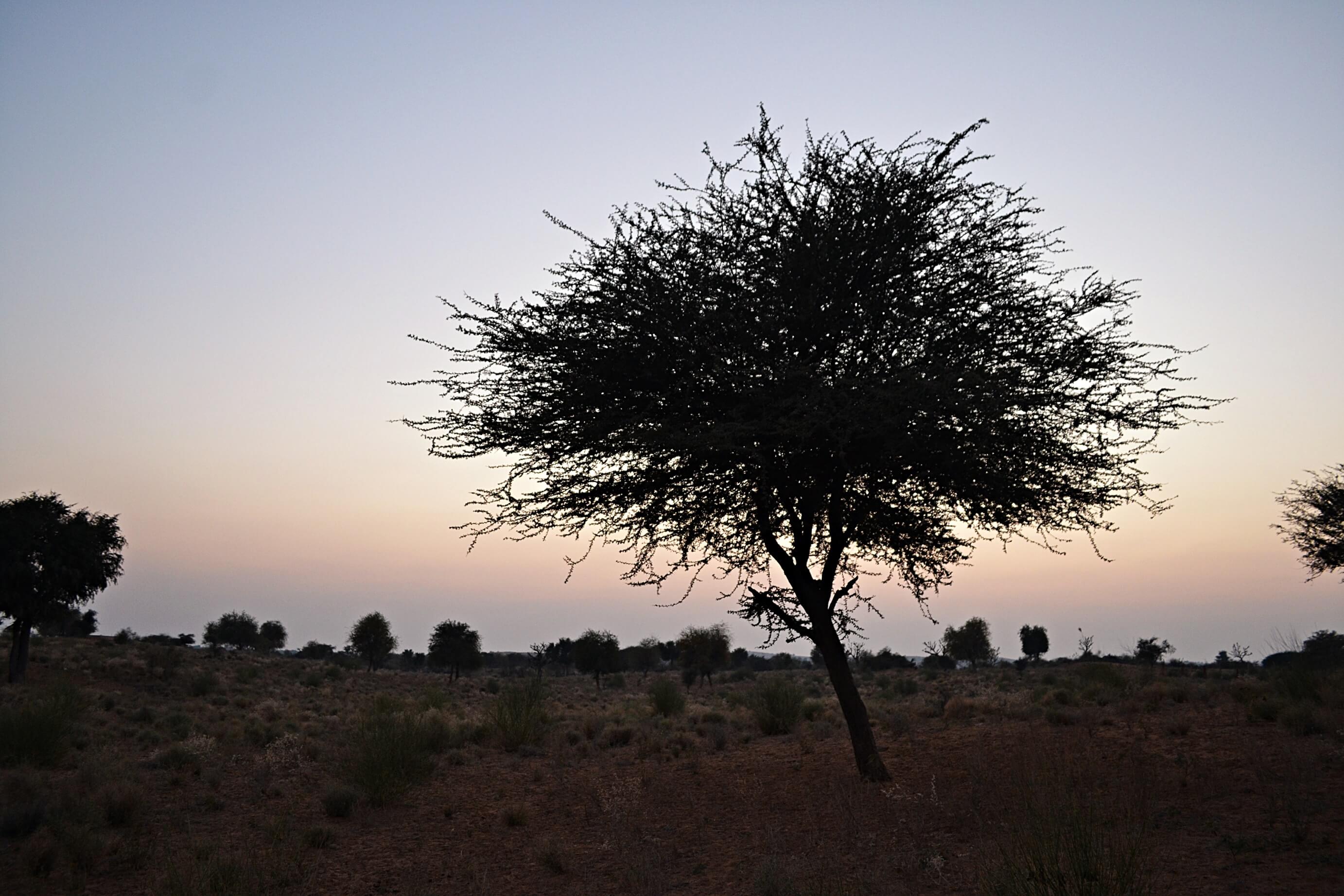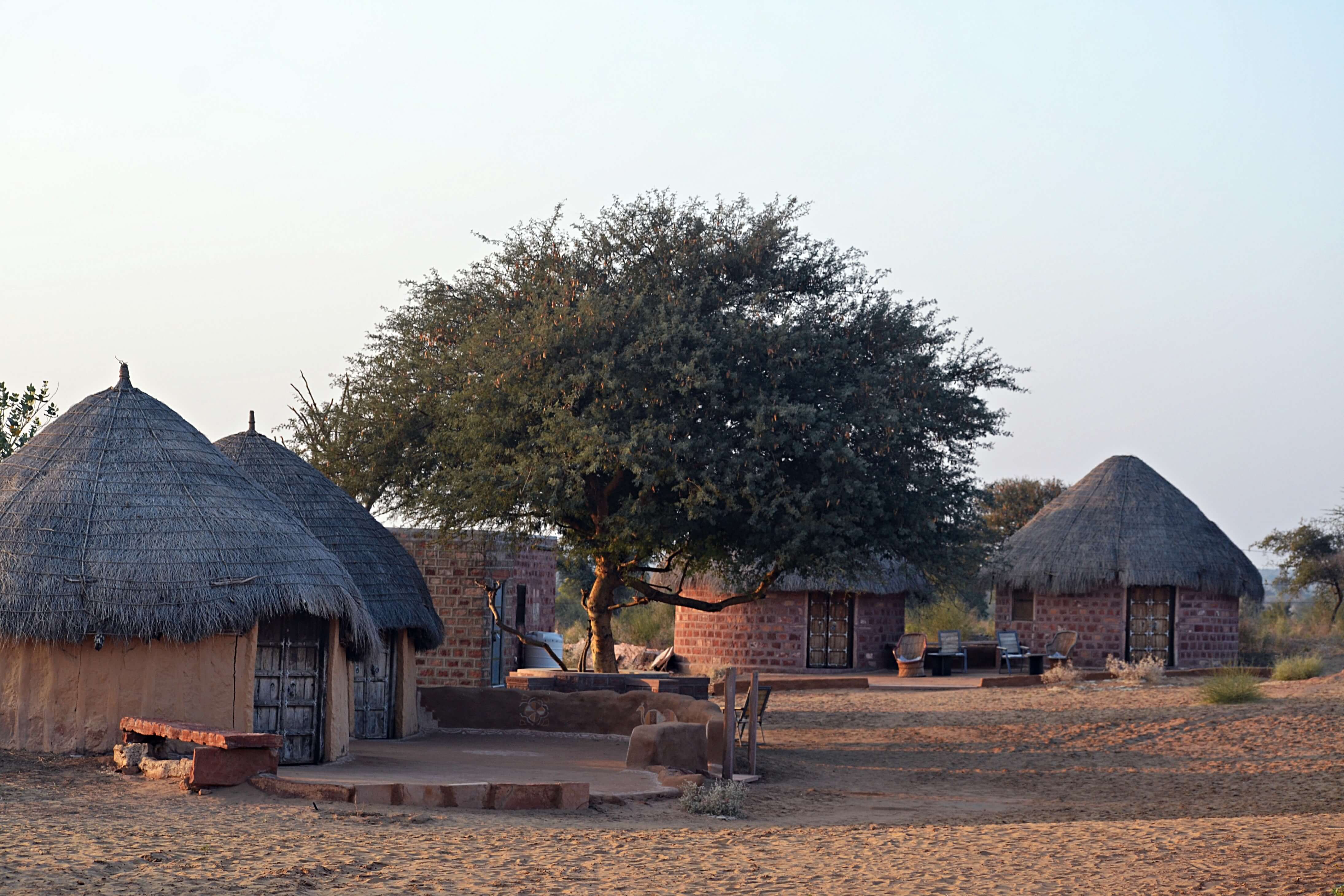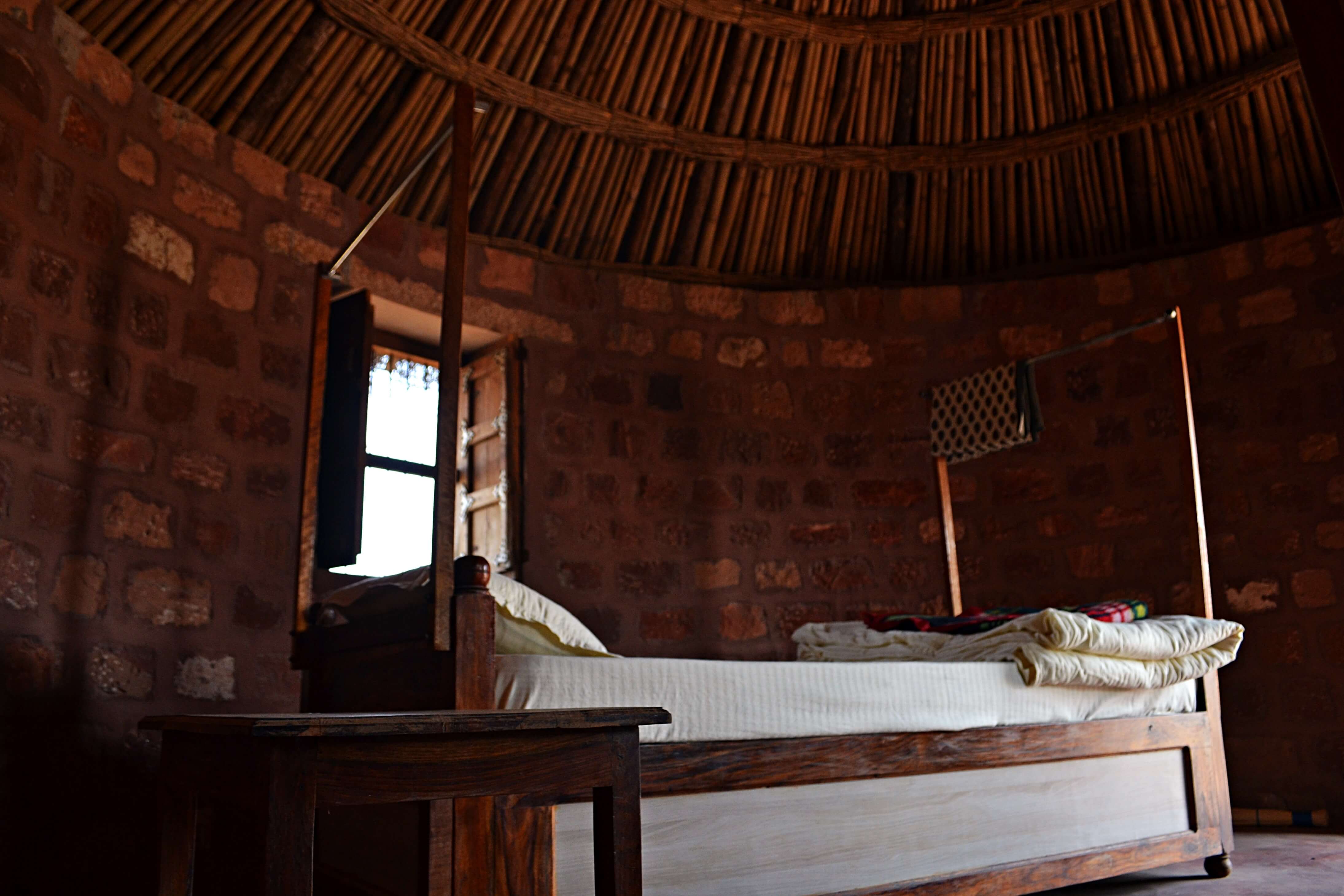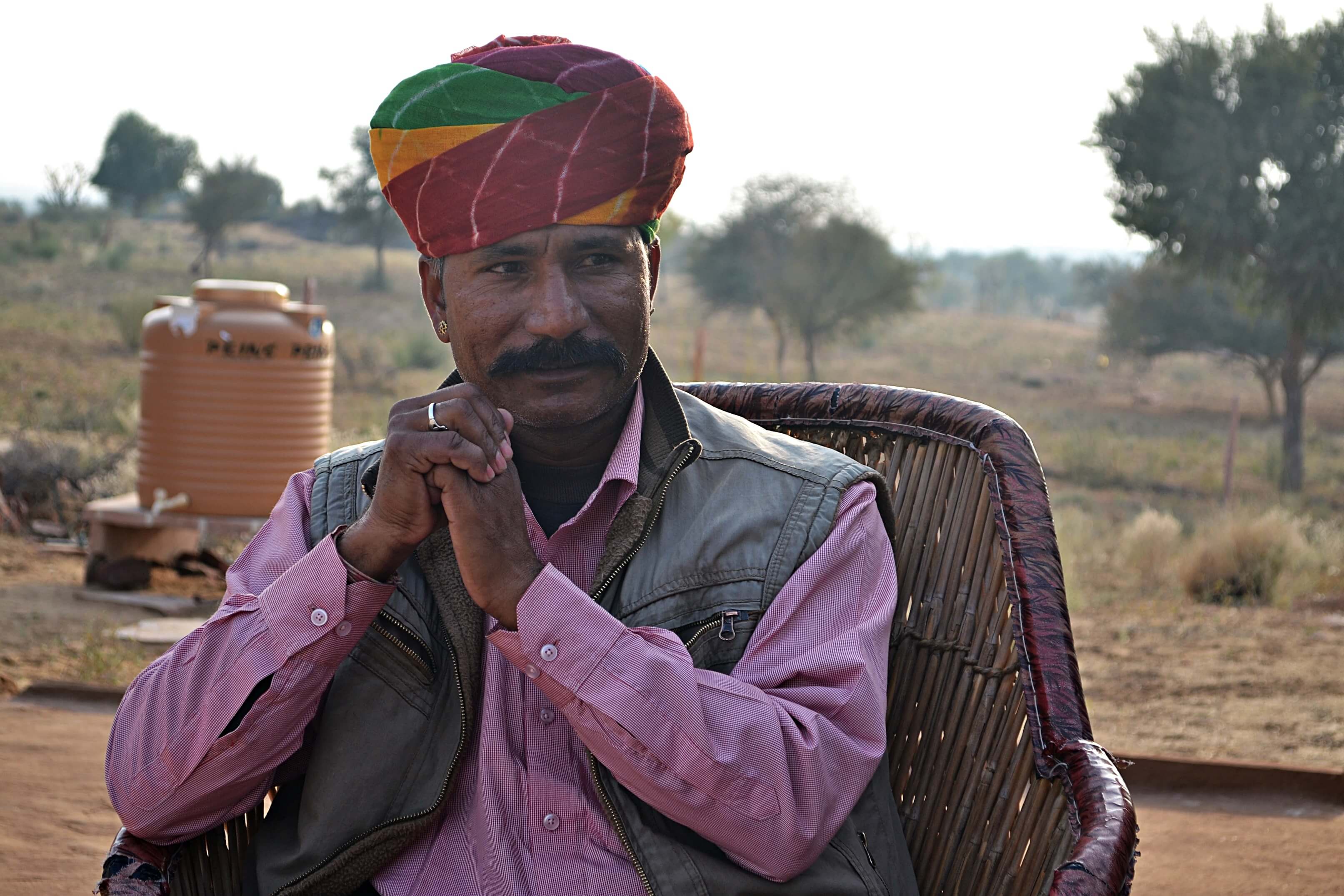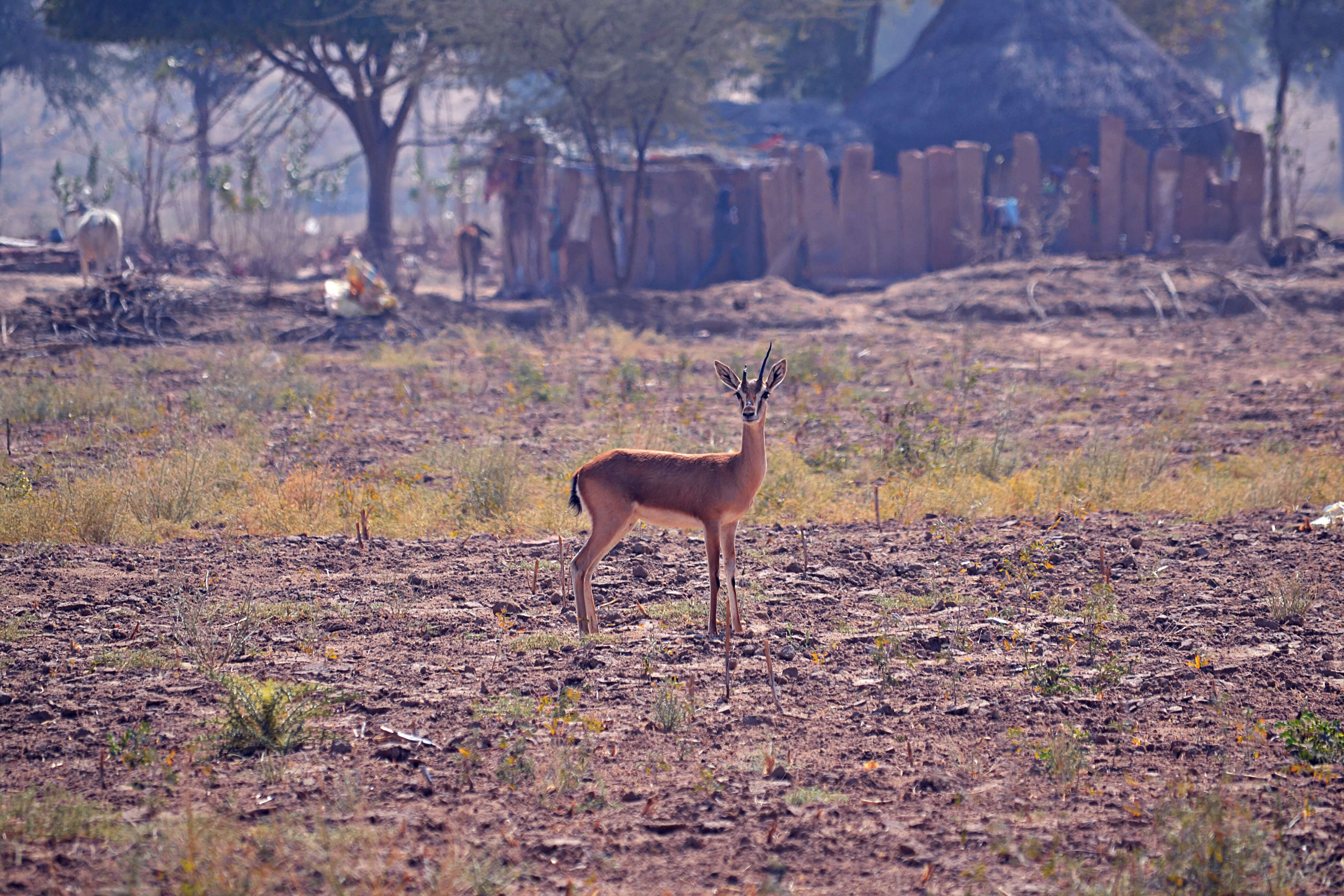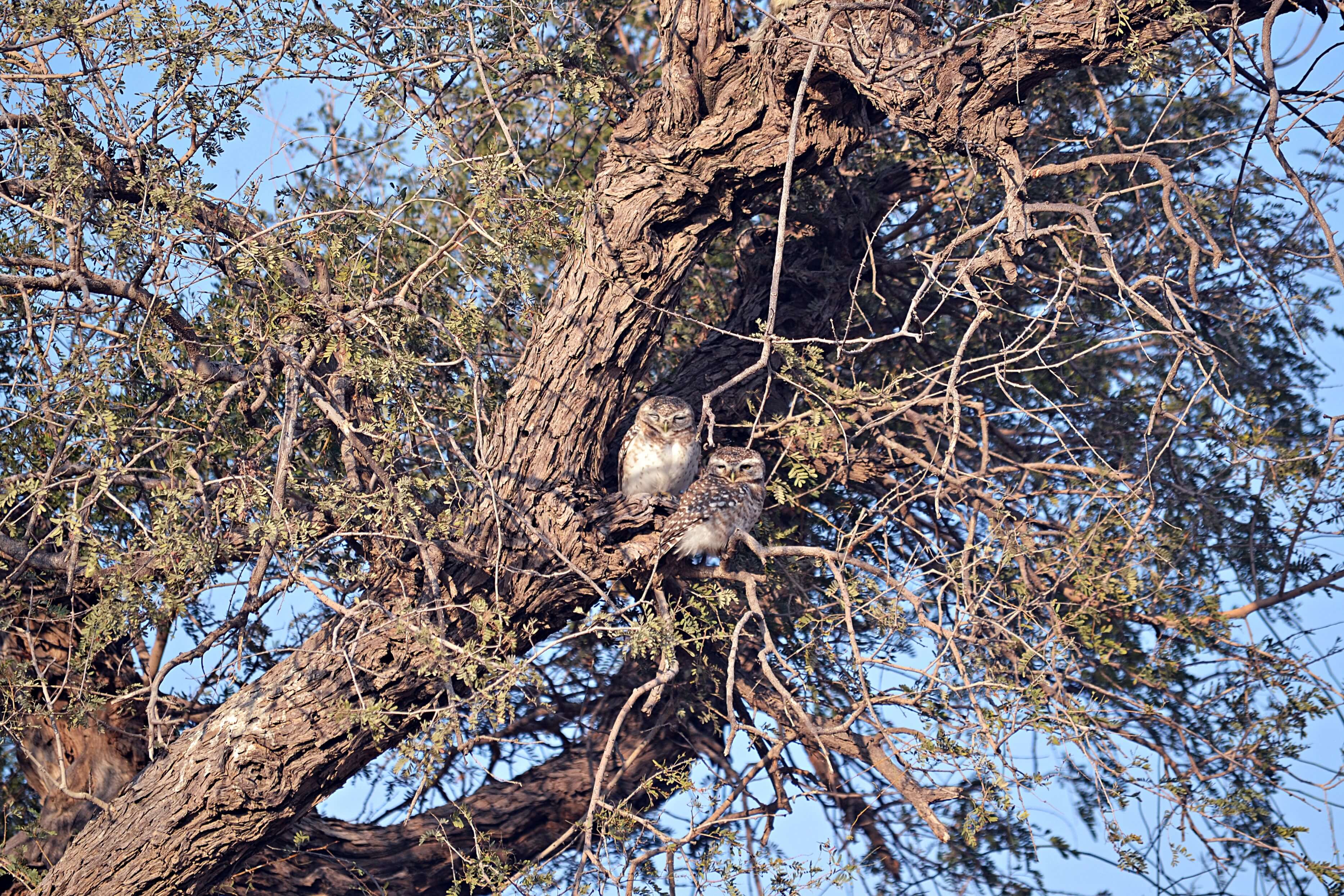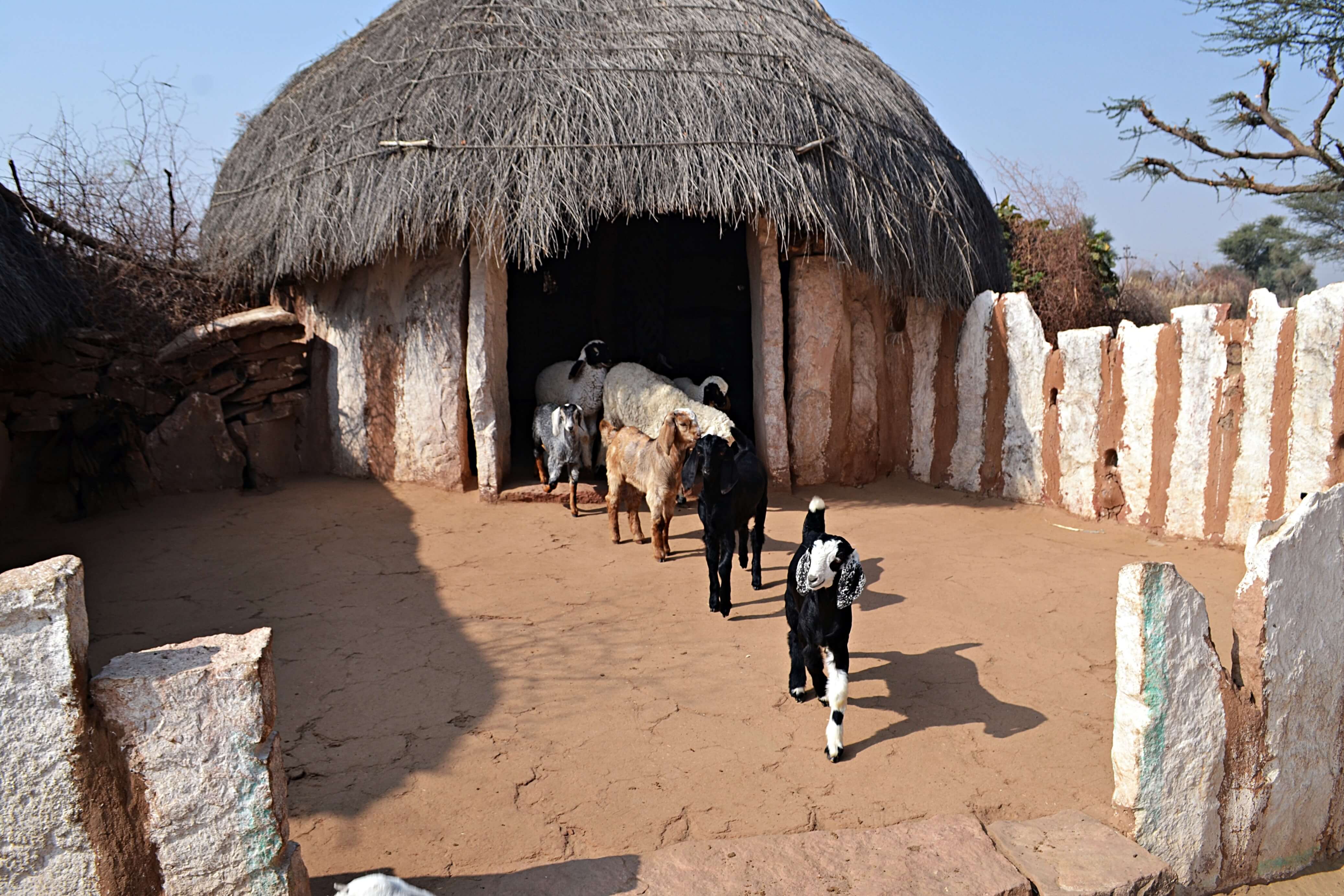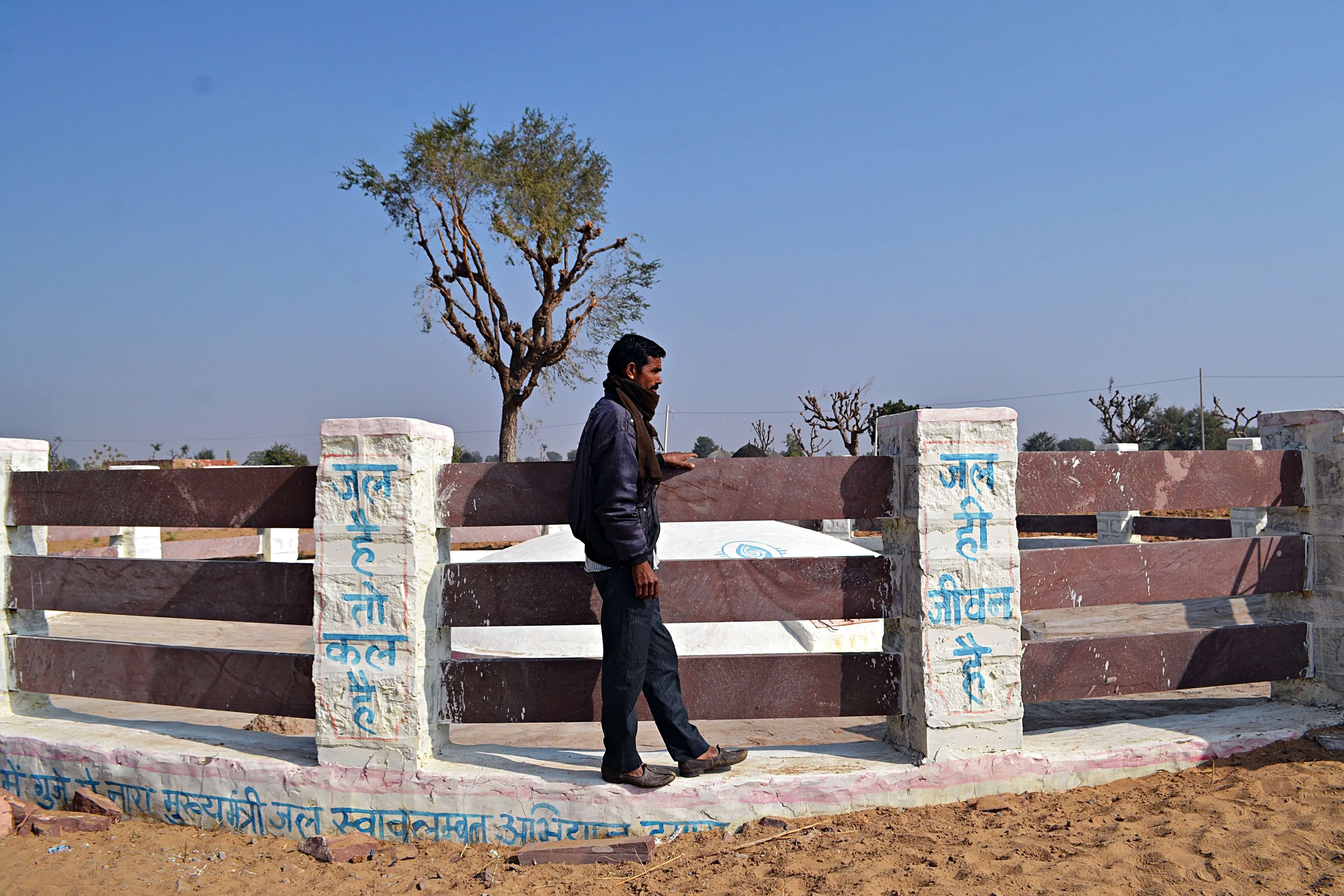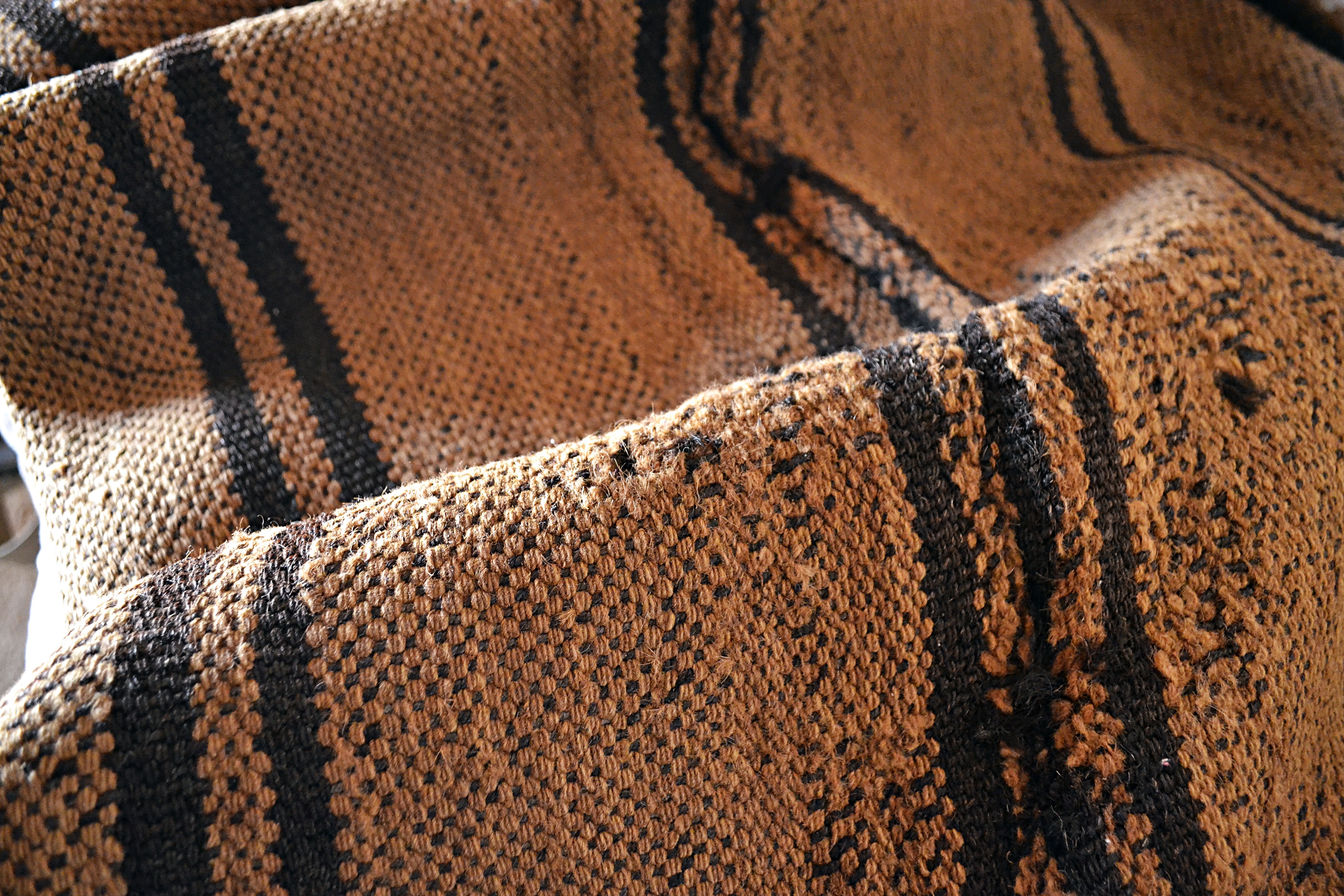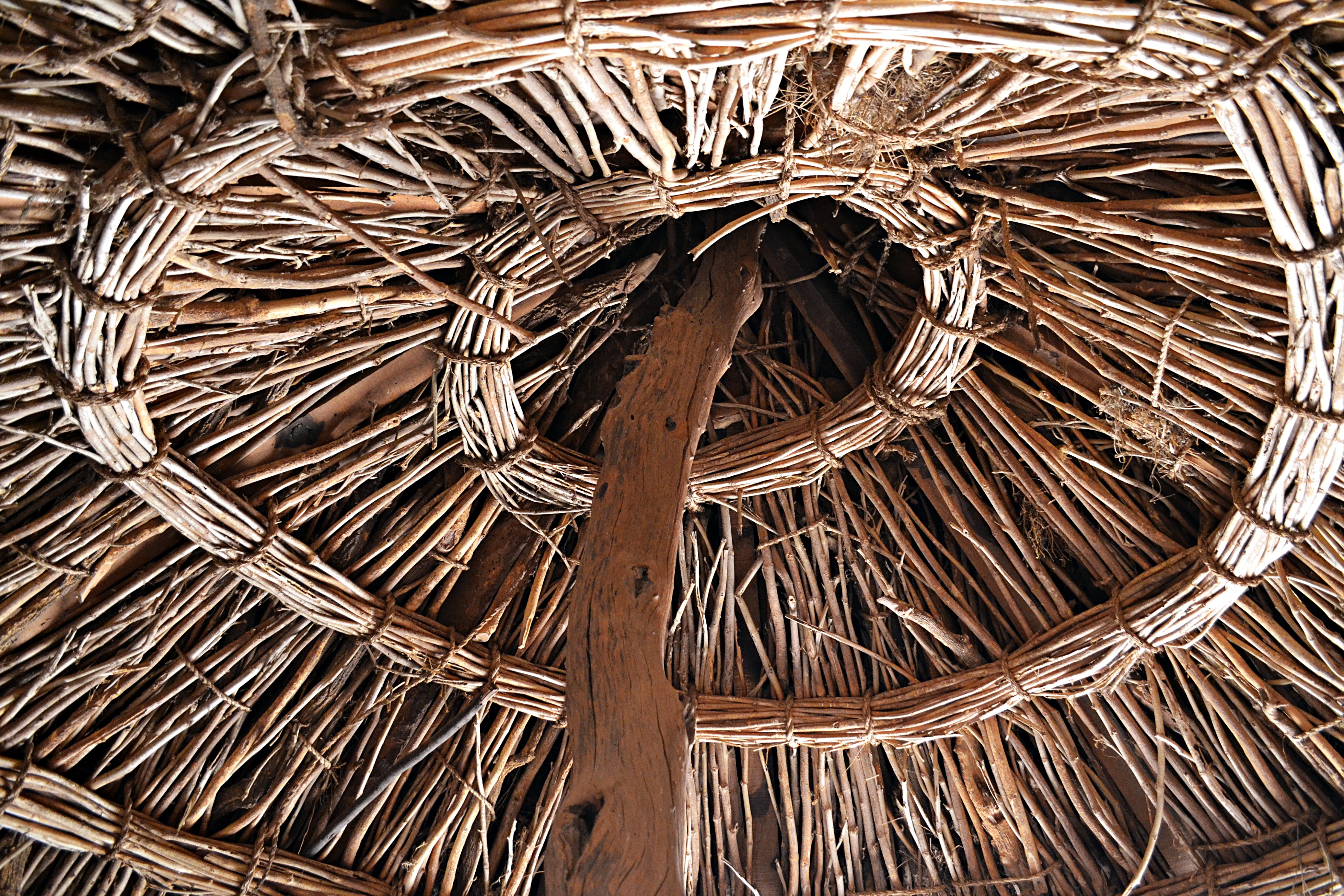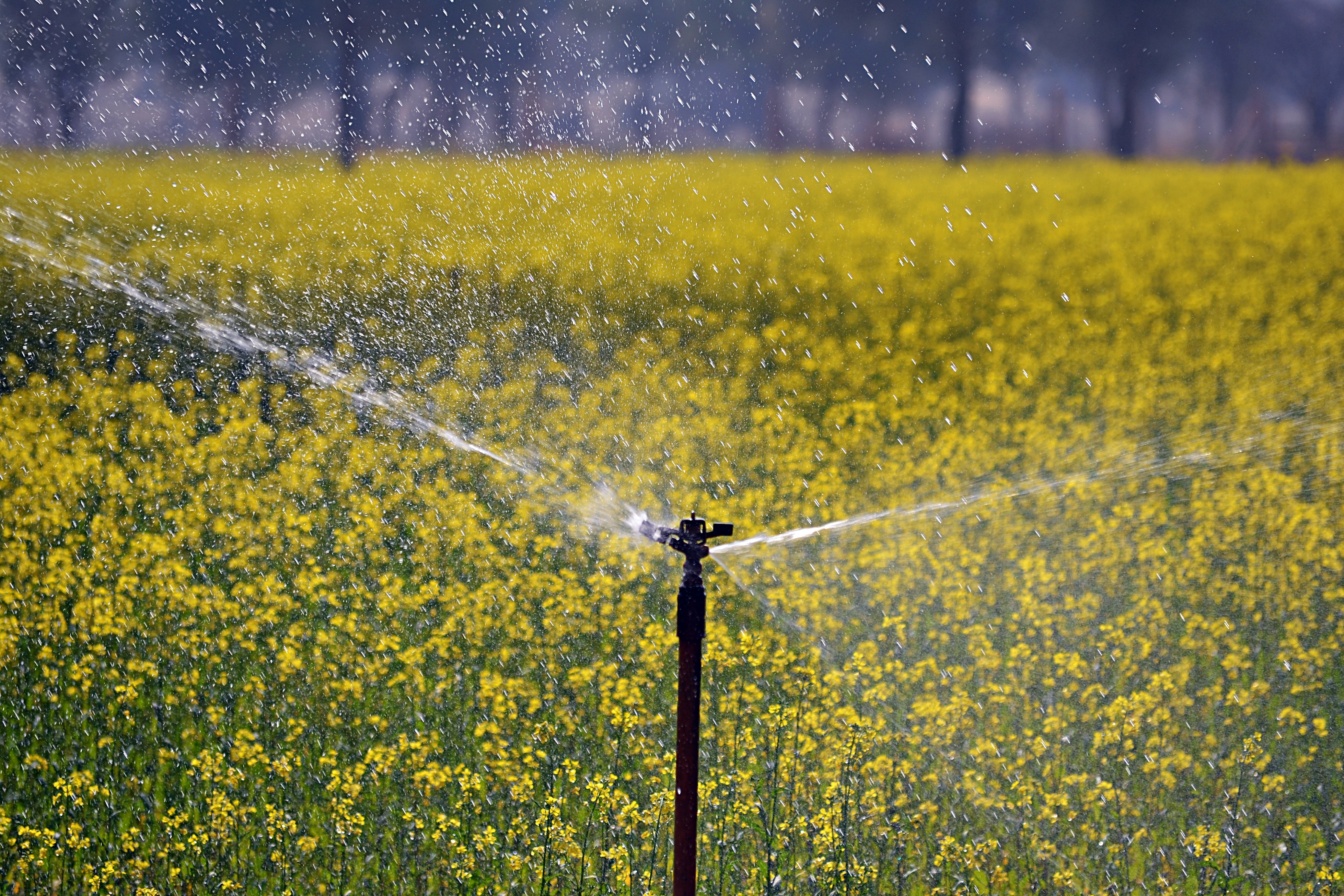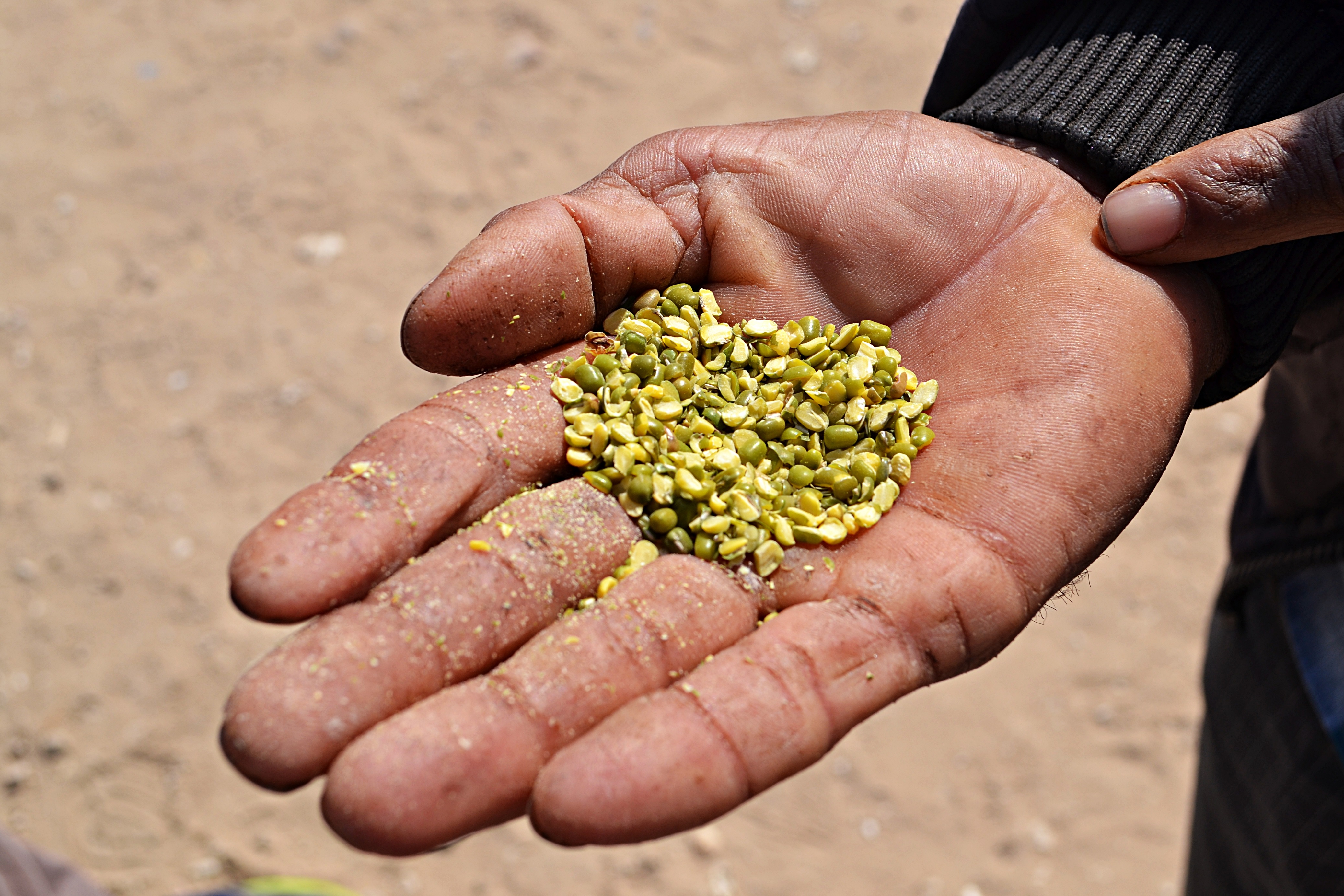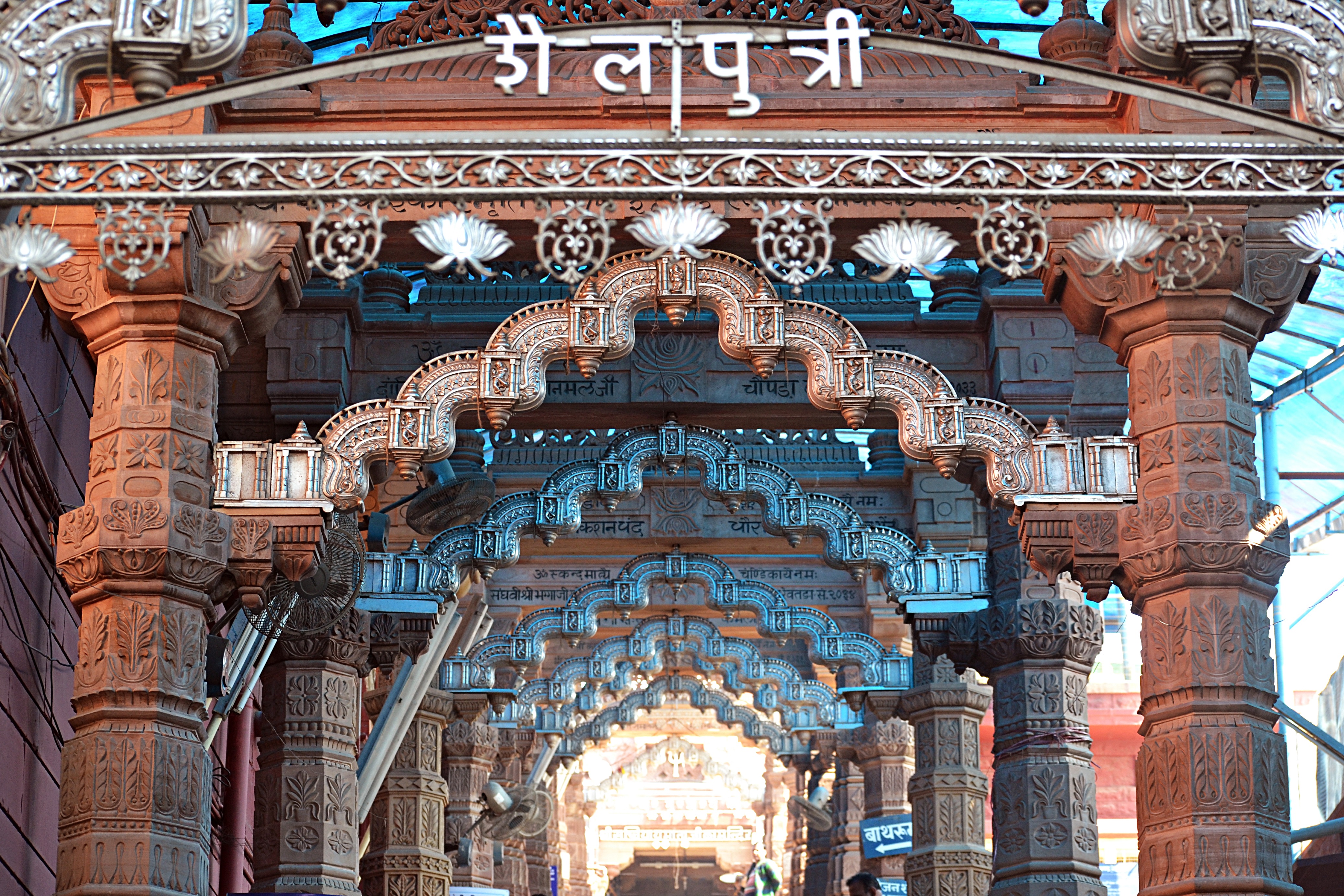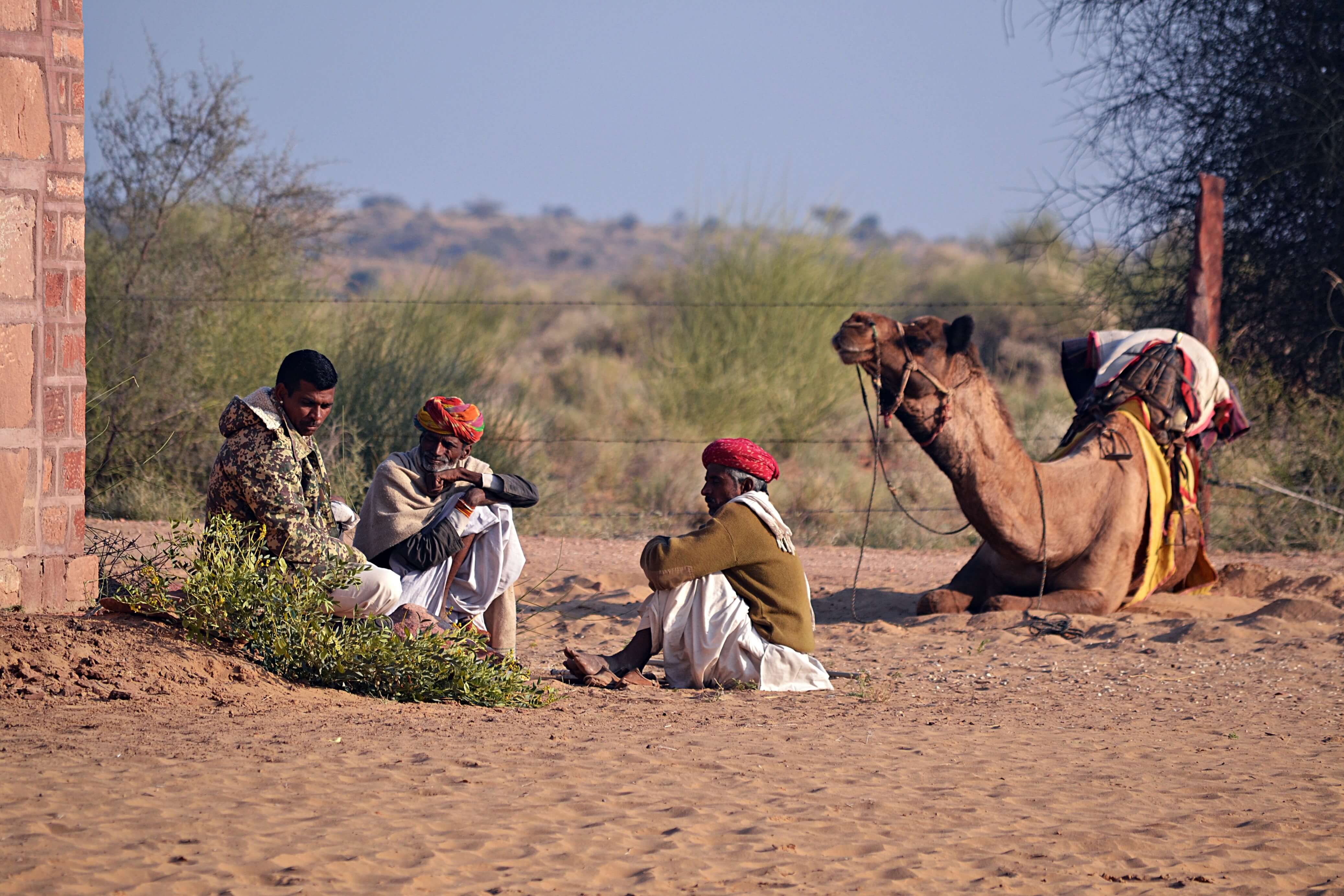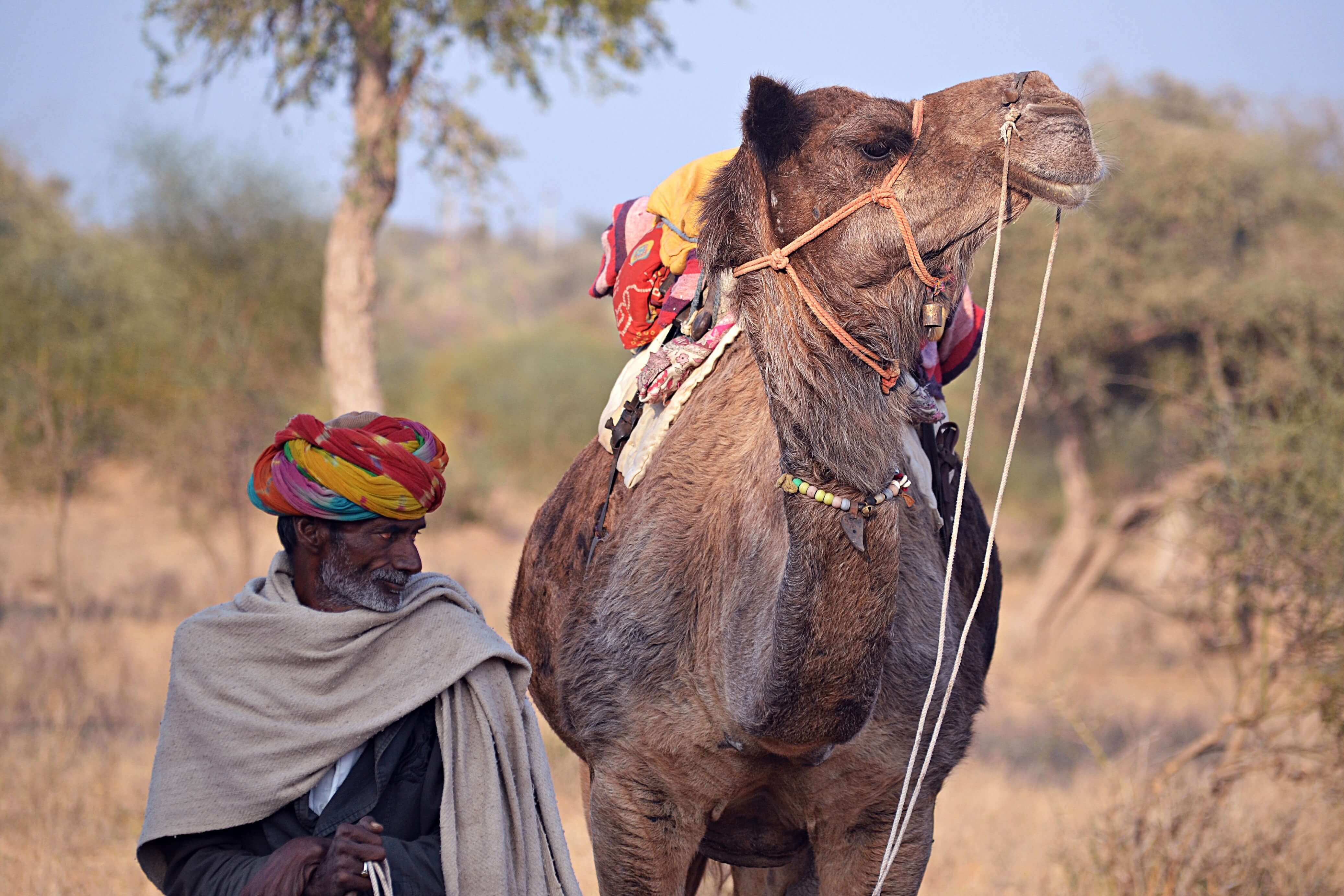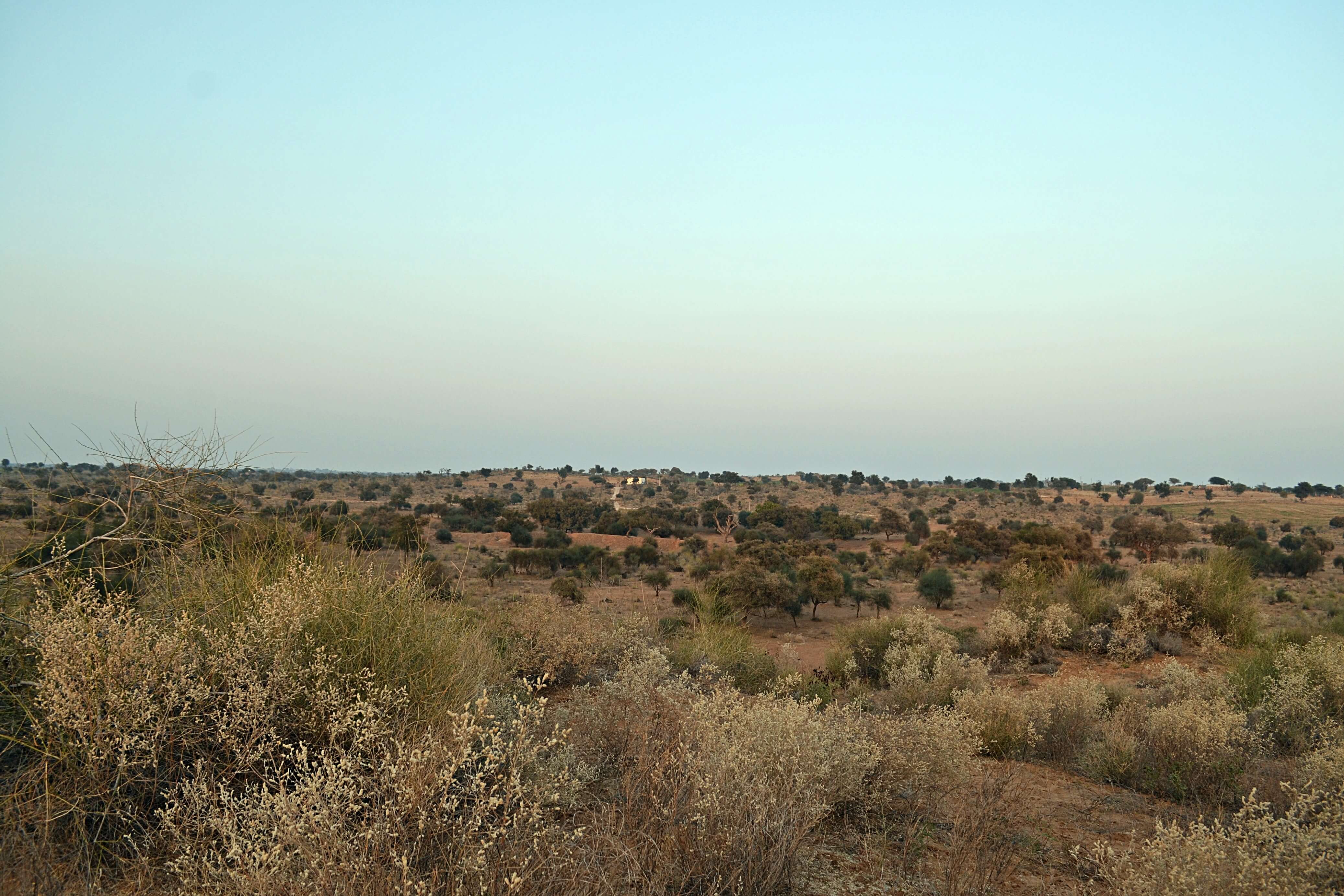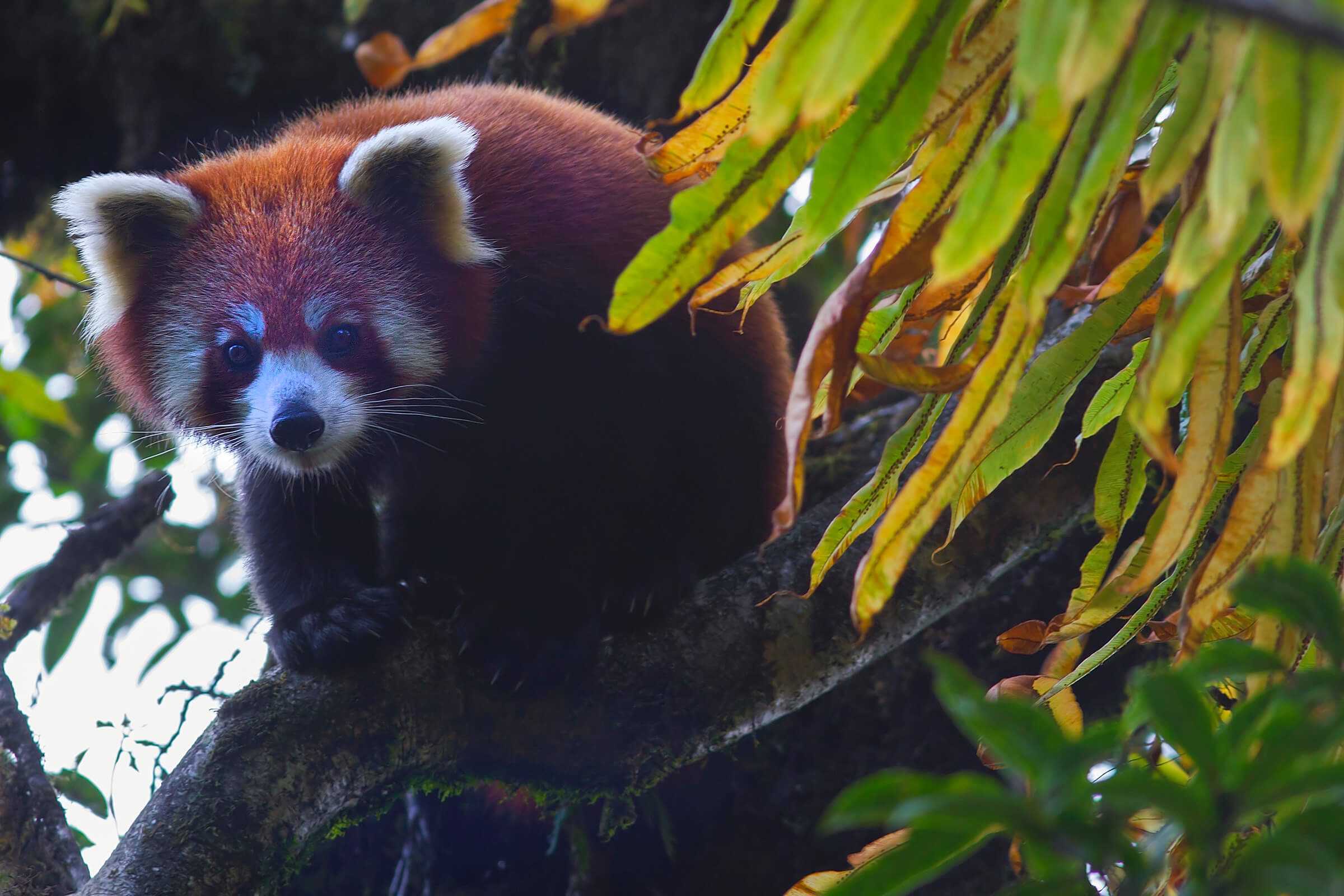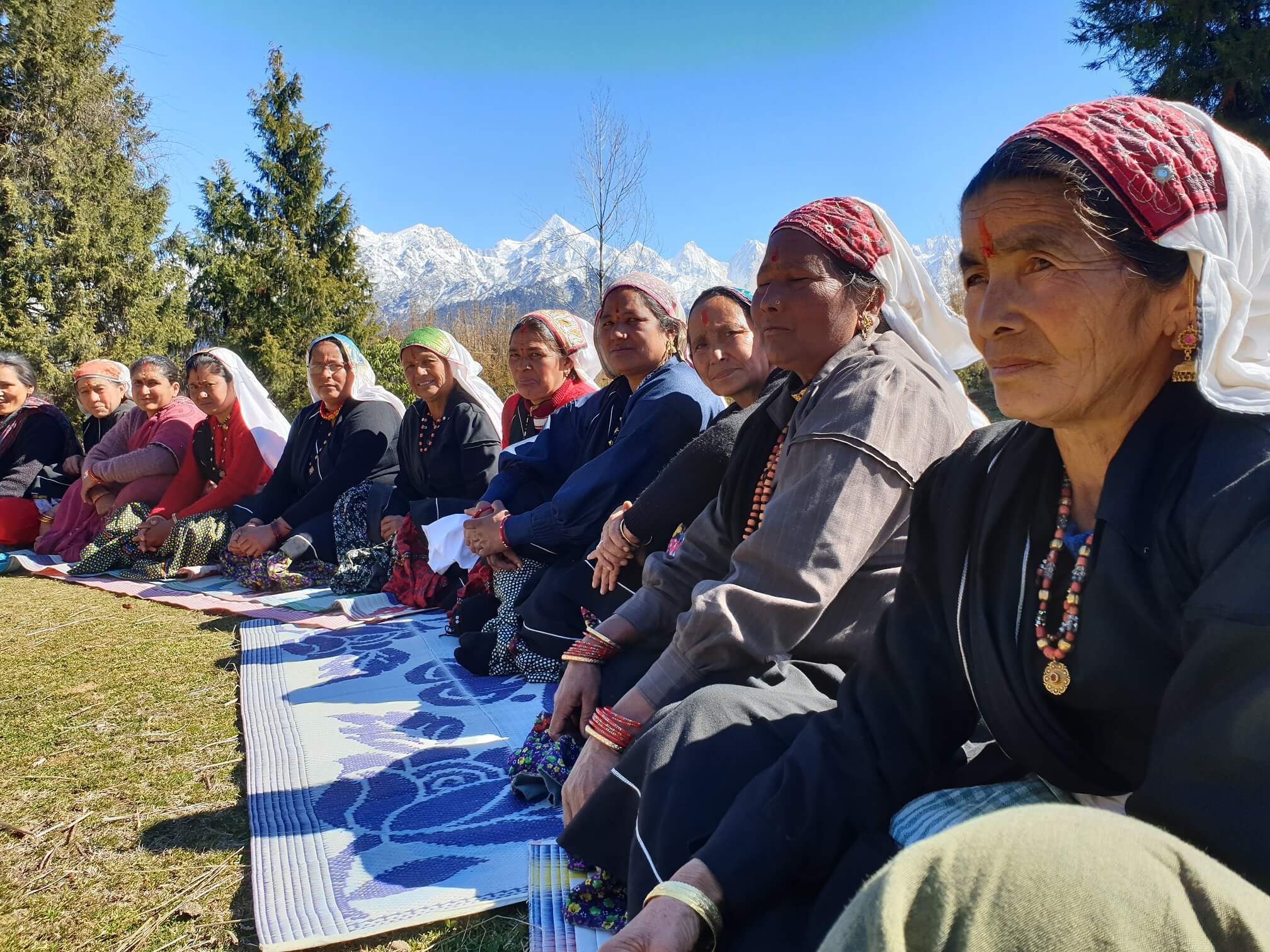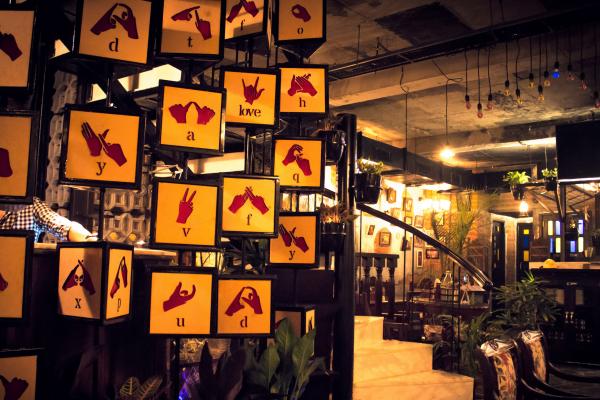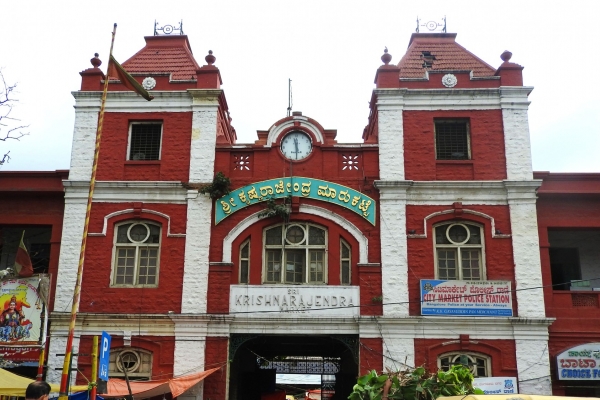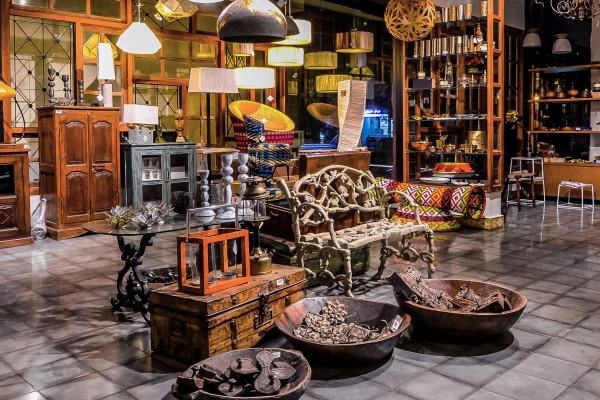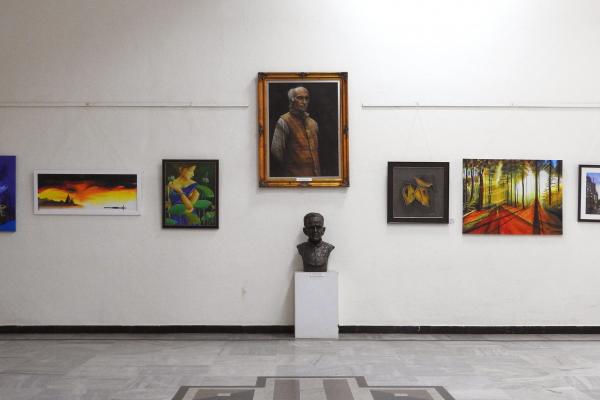The sprawling Thar is home to diverse wildlife — and a friendly sustainable tourism community. Discover a desert that's anything but desolate.
‘A LIVING DESERT’
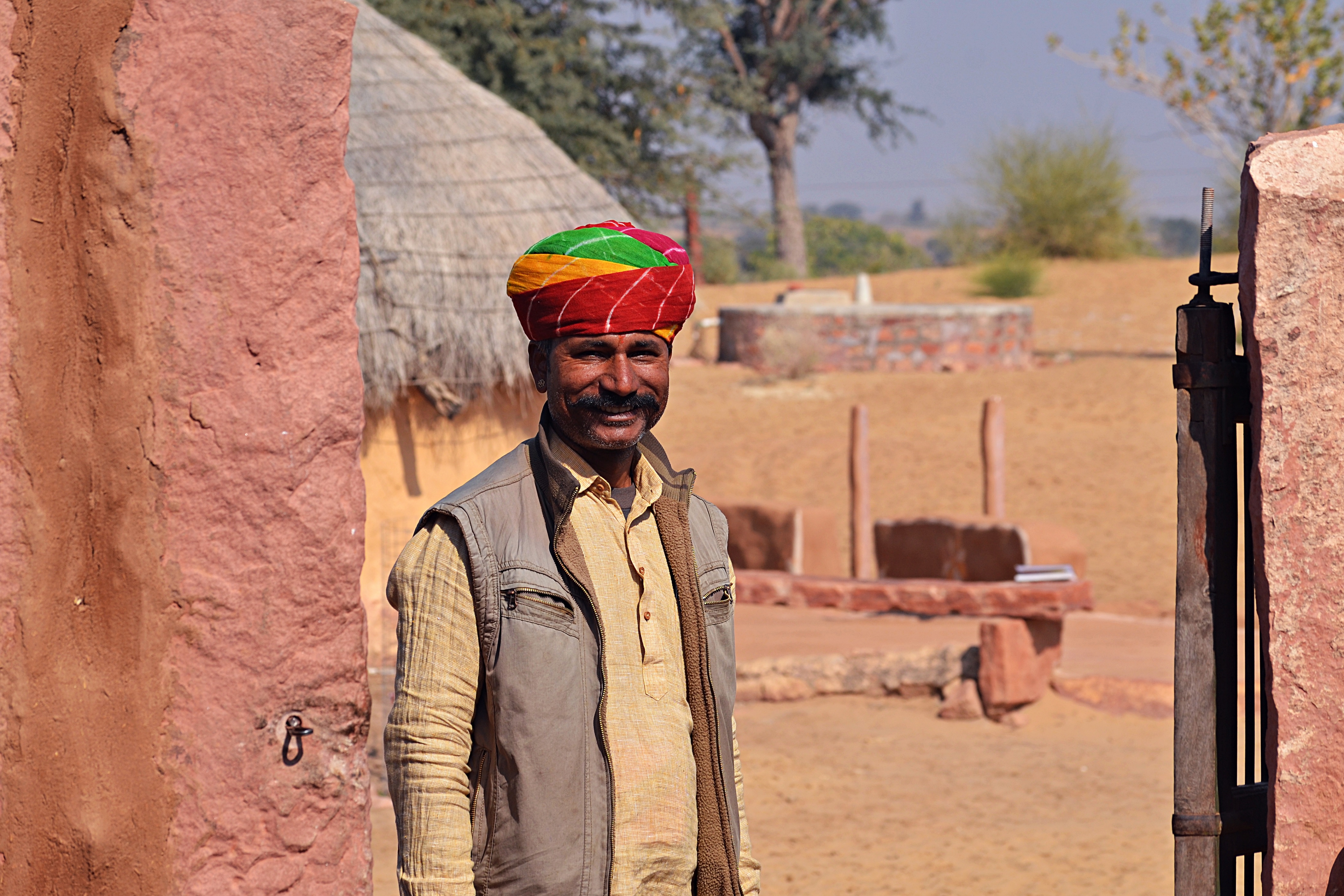
“Ours is a village of about 30 families. Our houses will look alike to you. We make them from local vegetation,” our guide told us.
Vegetation? We were in the desert. Everywhere around me was thorny leafless shrubs and needle-leaf trees, and I found myself wondering how anything could be made from them.
I grew up thinking that deserts are incapable of sustaining life. To my “imaginative” traveller brain, deserts were about vast dunes that make for postcard-perfect photos, at best.
In Thar, a desert in the northwestern state of Rajasthan that covers 10 per cent of India, I was soundly proven wrong.
My host Gemar Singh, or Gemar ji as we called him, loves to emphasise that the Thar, the 17th largest desert in the world, is a “living desert”. The chinkara (an Indian gazelle), the nilgai (sometimes called the blue bull) and the grey shrike (a type of songbird) are among the wildlife one can spot amid a landscape of roheda ( a type of desert teak) and tart ker berries.
The desert is also home to communities of camel herders by descent and tradition, who can even track lost camels based on their hoof prints. These communities have carved out a life in the sand, such as by using easy-to-ignore vegetation that can be used to construct homes, or have medicinal value.
And on the fringe of the Thar, you will find Hacra Dhani, an eco-friendly travel enterprise founded by Gemar ji.
THE SIMPLE LIFE
While desert tourism has taken off in Rajasthan, particularly around the city of Jaisalmer, few make their way to Osian (sometimes spelt Osiyan), an oasis town 85km away from the famed blue city of Jodhpur.
Just outside of Osian, Gemar ji (ji is a Hindi honorific) has created a base for intrepid travellers to experience the desert lifestyle in an authentic and sustainable way.
Hacra’s Jhumpa guest huts are built traditional desert-style, using mud and sandstone slabs and topped with a thatched roof. There is no electricity, running water, or en-suite bathrooms. Guests are provided with solar lamps in the evenings. Guests can also opt for overnight desert camping.
Not feeling quite so adventurous? Hacra can arrange for glamping stays with spacious bedrooms and en-suite bathrooms.
During your stay, you can go on safaris and camel rides to spot wildlife. But Hacra is less about packing in a list of must-dos, and more about a chance to wind down and catch your breath, especially if you have been travelling around the country.
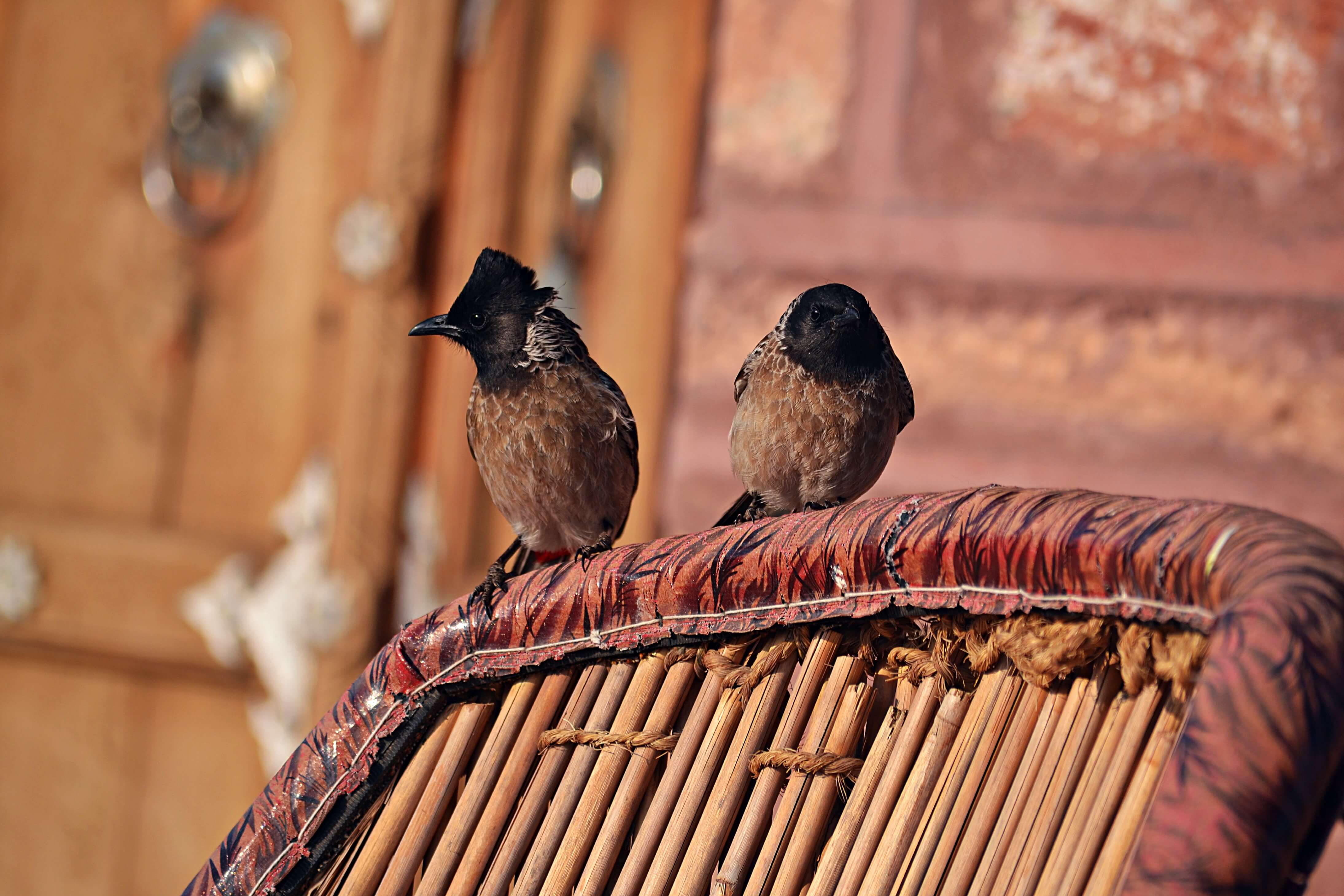
It is also an opportunity to get to learn about desert life. The community walk organised by Hacra is an insight into the lives of rural Rajasthani communities, which includes the Rajputs and the Bishnois — the latter being an indigenous community and sect under Hinduism, known for being fierce protectors of nature.
Walking in the village, you will see how three generations of a family live together, and how some of them have built a separate room for guests. Most have an in-house granary to store millets and pulse which they cultivate themselves, and an area for livestock, reflecting the importance of subsistence farming to the community.
You also see the houses that inspired Hacra’s jhumpa huts and how they are naturally eco-friendly — the mud walls keep the indoors cool during the harsh scorching summers of Rajasthan and warm during winters, reducing the reliance on cooling and heating systems.
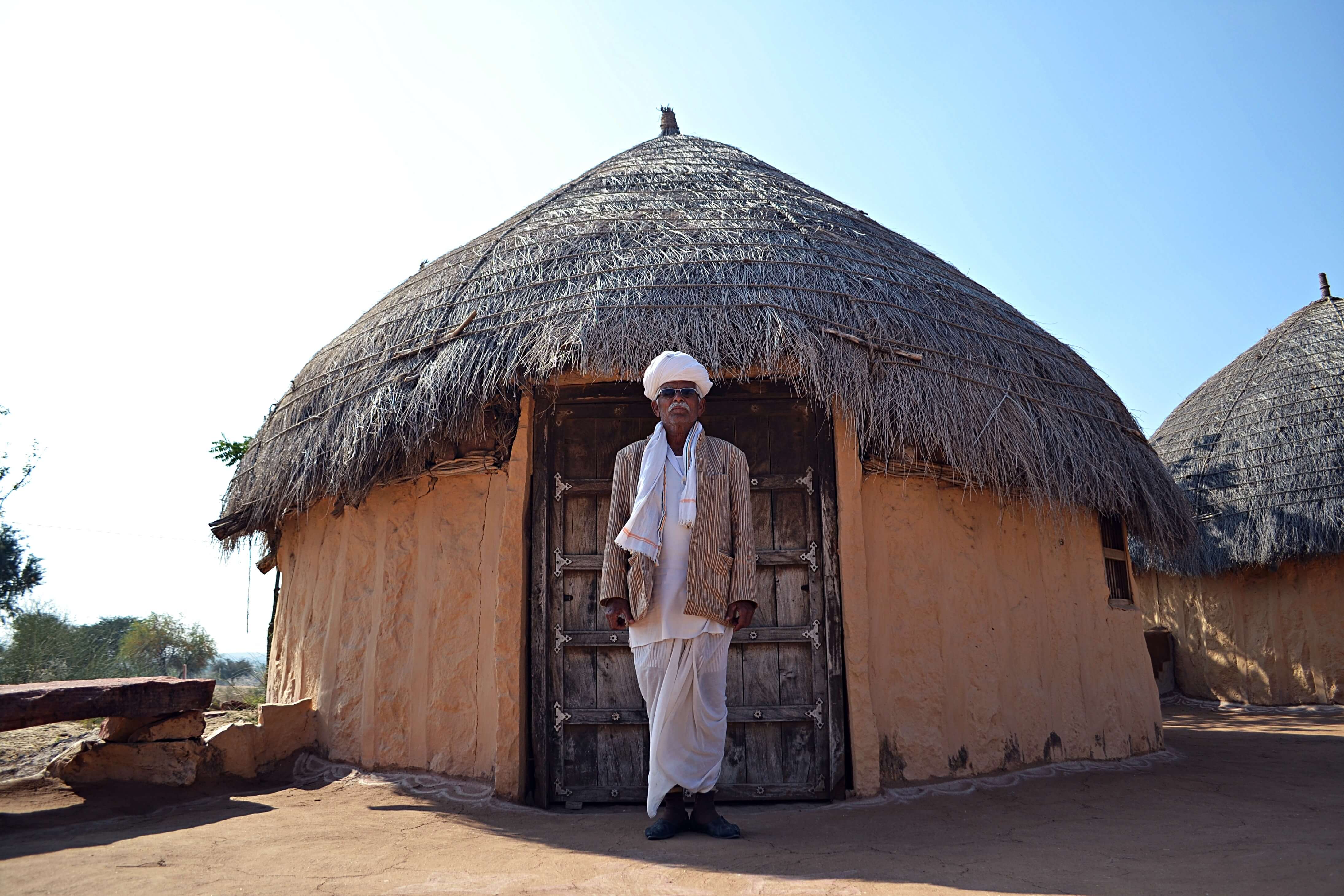
Babulal ji — a 70-year old jovial gentleman from the Bishnoi community (pictured above) — is also a guide with Hacra. Dressed in his traditional all-white attire, he regaled us with tales, including that of his travels to Libya in the early 1980s.
When quizzed about what changes he has seen within his community over the years, Babulal ji affirmed that life is not as harsh as it used to be. Cultural norms are relatively relaxed and survival of livestock is no longer a matter of life and death, thanks to improved infrastructure and the introduction of farming techniques that allow for more types of crops to be planted.
AGAINST ALL ODDS
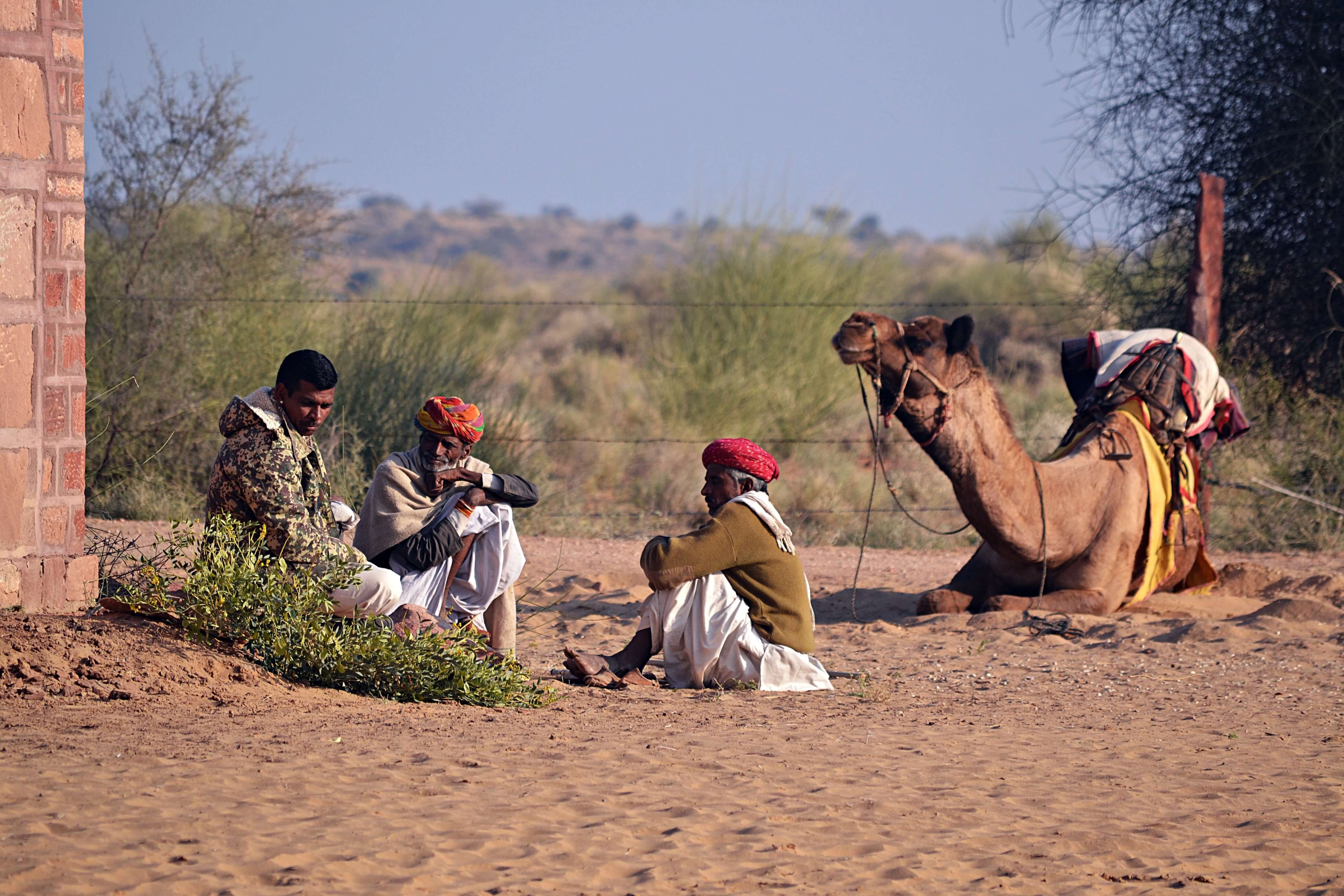
From one man’s vision, Hacra is now a team of four guides, several camel breeder-herders, as well as kitchen and housekeeping staff.
“When I decided to start this eco-stay, our village had neither roads nor electricity,” recalls Gemar ji. “I would travel to and from Jodhpur just to be able to access the internet. It was only much later that I bought a secondhand laptop from a Swiss traveller who had become a friend on their third visit here, and installed a solar panel to power it.”
Initially, Gemar ji conceived of Hacra to create viable income for the desert communities, but as travellers began trickling in, so did new ideas.
He learnt about the world of responsible travel from a traveller from Europe, who had asked about Hacra’s practices. “Tourists have come and shared their perspectives as well as questions, which I have channelled back into making the enterprise more relevant to its times.
“I simply knew I wanted to stay local and keep the operations local. I learnt about responsible travel only in 2007 — and have continued to keep myself up to date to the best of my ability.”
To stay true to its local flavour, Gemar ji has had to engage with the local community to put to rest their fears of their houses and lands being snatched away by outsiders masquerading as tourists. This extends to the rest of the Hacra team, who share with the villagers their interactions with tourists.
And over time, the Hacra team have also become more comfortable in requesting that guests respect local traditions and lifestyles, and adapt to Hacra’s practices.
“We realise now the importance of stating to them what the local context is and what they would also be required to comply with when they are here – such as the culture, their clothing, the food, the overall ambience,” says Gemar ji. Respecting the places one travels to, he adds, is part of being a traveller.
At the end of my two-day trip, I left very much humbled by what the desert ecosystem has to offer. Life abounds here, and if Gemar ji and his team have it their way, it will continue to thrive, regardless of what modern life brings.
THE DIFFERENCE YOU MAKE
Hacra Dhani is a community-based responsible travel initiative, started and managed by a self-taught local with a small team.
Your experience at this “living desert” ensures that every penny spent goes directly to the locals whose livelihood is being supported by Hacra (like the camel herders) or who now have an alternative source of seasonal income (like the guides and kitchen help)
The stay arrangement at a minimalist-yet-comfortable jhumpa (mud huts) with meals cooked from locally-produced-and-sourced ingredients ensures a low carbon footprint.

